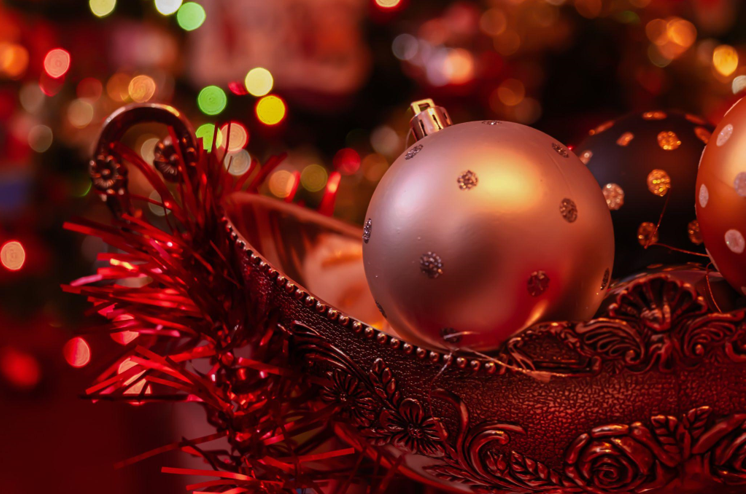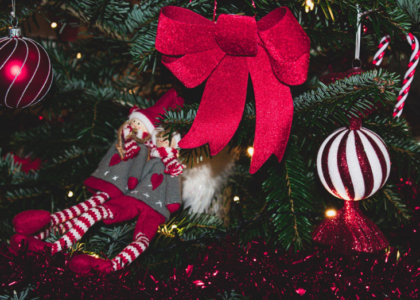The History of Merry Christmas and Happy Christmas
Christmas is a particular time that brings people together to celebrate love, joy, and peace. One of the most common greetings this holiday season is “Merry Christmas” or “Happy Christmas.” But have you ever wondered about the difference between these two phrases?
“Merry Christmas” has roots in England, dating back to the 16th century. The word “merry” used to mean “strong” or “great,” and this festive greeting was used to show excitement and enthusiasm about Christmas. On the other hand, “Happy Christmas,” commonly used in countries such as the UK, New Zealand, and Australia, is a more traditional greeting that dates back to the 18th century.
Regardless of your phrase, the message is the same – spreading joy and happiness during the holiday season. And one of the best ways to do that is to gather with friends and family for a festive Sunday Funday brunch.
Celebrating Christmas with a Festive Brunch
Whether hosting a brunch or attending one, there are plenty of ways to make your gathering festive and memorable. Start with the décor by adding traditional holiday colors like red and green, and consider adding a festive centerpiece like a wreath or a Christmas tree.
Next, think about the food and drinks. You might include sweet and savory dishes, such as pancakes, waffles, quiches, and breakfast casseroles for brunch. And remember the mimosas! A classic mimosa is made with orange juice and champagne, but you can mix things up using other fruit juices like raspberry or cranberry.
Finally, add some fun and games. Consider setting up a DIY ornament-making station or a cookie-decorating corner. You can also play classic Christmas games like Secret Santa or White Elephant.
No matter how you celebrate, remember that the holiday season is all about spreading joy and love. So, say “Merry Christmas” or “Happy Christmas,” gather with friends and family, and enjoy a festive brunch with mimosas on Sunday Funday.






Recent Comments